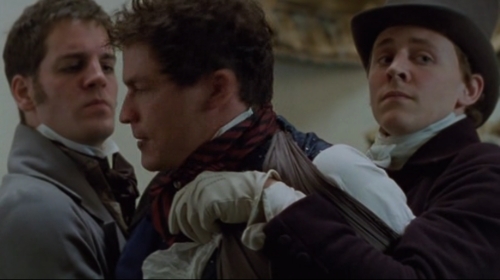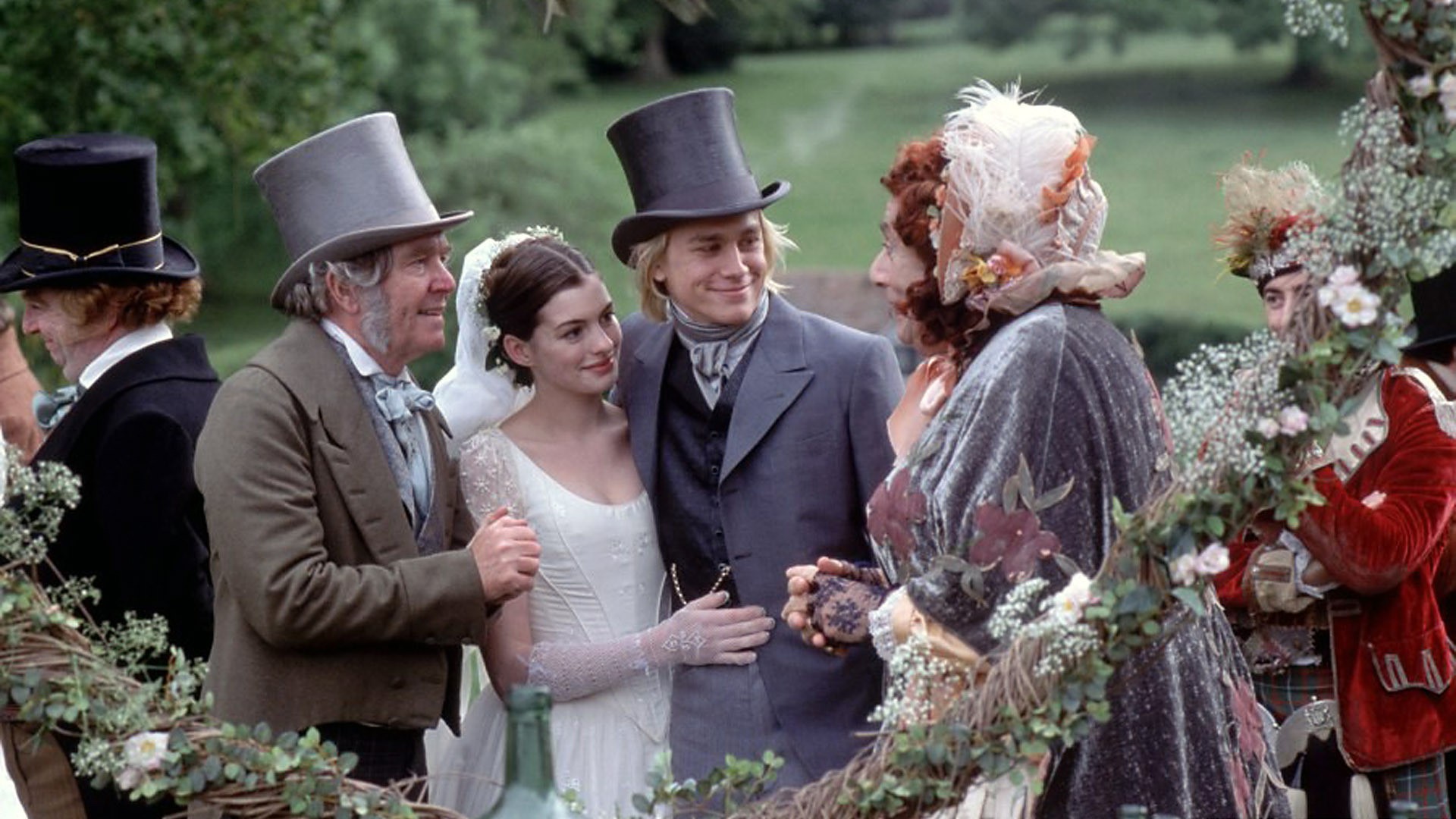

A baggy, babbling melodrama, with a supporting cast of heroes, villains and eccentrics all in glorious 2D, it is set in a London where vast wealth and desperate poverty live cheek by jowl. But Nickleby – the tale of a young man forced by the death of his father to take responsibility in a hostile world for his mother and sister - is the soapiest book in the canon. Indeed, Andrew Davies latched on to the idea a few years ago with half-hour bi-weekly instalments of Bleak House.

Joy Wilkinson's script underpins the idea that Dickens, as no one ever tires of saying, would be writing soap opera if he were active today. Will it fight for its place in the world like the novel’s impetuous young hero, or be trampled underfoot like poor beleaguered Smike?īBC Northern Ireland have certainly found a way of attracting the audience’s attention by screening five episodes across the week. Short form Nico is hot and getting hotter.But into this bustling crowd the BBC has thrust its own new version. Offshoots Cole and Colin have long had lives of their own. Nicholas, though it has lost some ground (it was in the Top 10 from 1993 to 2002), is still a popular classic that would make an attractive, solid choice.Īlong with this historical depth, Nicholas, and nicknames Nick and Nicky, project an aura of masculine panache, and has long been a favorite of writers for rich boys, Romeos, thugs and detective characters. Nicholas who, in addition to bringing bags of toys once a year, is also the patron saint of schoolchildren, mechanics, sailors, scholars, brides, bakers, travelers, and Russia, where the name was a star of the czarist dynasty. Nicholas is also a New Testament name that is well-used in literature, such as in Dickens's Nicholas Nickleby.Īnd then there's St.

Nicholas is derived from the Greek Nikolaos, a name that evolved from the components nikē, meaning “victory”, and laos, “people.” It shares origins with Nike, the name of the Greek goddess of victory.


 0 kommentar(er)
0 kommentar(er)
